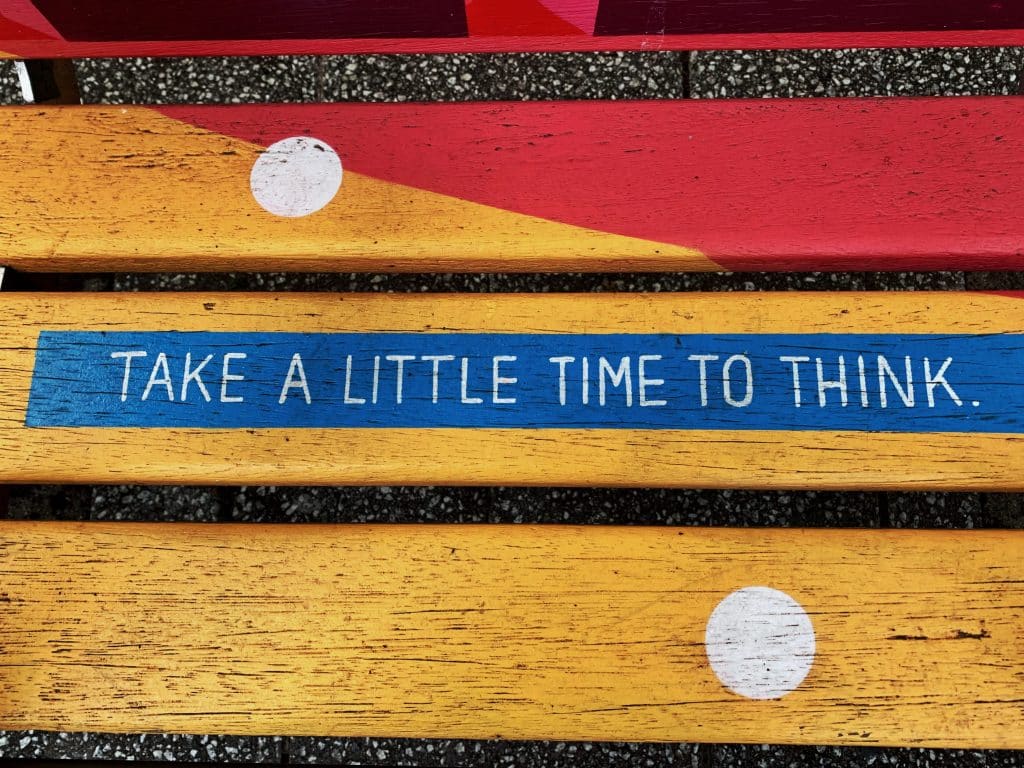“Why is it important for companies to be honest in a crisis?” I’m talking to John Brown, founder of Don’t Cry Wolf, an agency that works with ‘no bullshit’ brands – brands that want to make honest and openness a core part of how they behave, and how they communicate.
It seems so obvious that brands should be honest that I can hardly believe I’m asking the question. But it’s not obvious, at all. I know from our work with organisations of all types that when a crisis hits, honest is often the last thing they want to be.
“We’re sorry, we messed up.” “We didn’t secure our data properly.” “We took a risk, and it didn’t pay off.” “A terrible thing happened, and we’re going to put it right.” It’s rare to hear a company fess up to its mistakes during a crisis.
And you can understand why. Communicators advising companies to be transparent are likely to fall foul of legal advice to avoid the threat of litigation.
“It’s fear that stops brands being open and honest,” John tells me. “Brands go back into themselves in a crisis. They withdraw from the public. The public demand honesty but won’t accept mistakes made by humans. And above anything else, a company is a collection of humans.”
It’s true that people are pretty unforgiving of mistakes these days. We love to be outraged, and to share our outrage widely. That means a brand has to be tough to be honest. It takes great courage to be vulnerable.
Of course, you can’t suddenly change how you behave in the middle of a crisis. You have to do it way before that. That takes a real shift in culture and in thinking. And it’s brave. You have to change how you think. Don’t just be a ‘brand’. Be a human.
That inevitably led to a discussion about saying sorry. Now, neither of us are lawyers, and I know there are often good reasons for not saying sorry. But here’s an interesting thought: what if you could be genuinely sorry that something’s happened, but not admit liability? Here’s an example. My home was damaged by a fire two years ago that started in the flat above us. It’s an old warehouse building, so the fire spread quickly. No-one was hurt, thank goodness. We moved out while it was all rebuilt.
John said to me: “I can say to you that I’m sorry your flat burned down. That doesn’t mean it was my fault – I didn’t start the fire – but I’m genuinely sorry it happened.” It was a very human reaction.
Imagine your flights are cancelled, through no fault of the airline. How would you respond to an airline that forgot about liability for a bit, and just did the right thing? Never mind the cost, I can see you have three children and you want to get home. We’ll do everything we can to help, and we’ll sort out who pays for what, later. I have the ability to make this easier for you, so I will. My priority right now isn’t who’s at fault. It’s getting you and your family home.
“Don’t address a crisis from a comms perspective,” says John. “Address is from a human perspective. You’re a human, with the ability to help someone in a bad situation. If you do that, I guarantee you, your loyalty will go up.”
So, back to the original question: why does honesty matter? “Honesty is a market share issue. It’s a competitive issue. Brands know they need to change when they see their customers going off to a competitor. If you trust a brand, you’re loyal.”
And if that brand does the right thing by its customers in a crisis, that loyalty could be the difference between a business that weathers the crisis, and one that sinks.
–
Featured image by Elijah O’Donell on Unsplash








